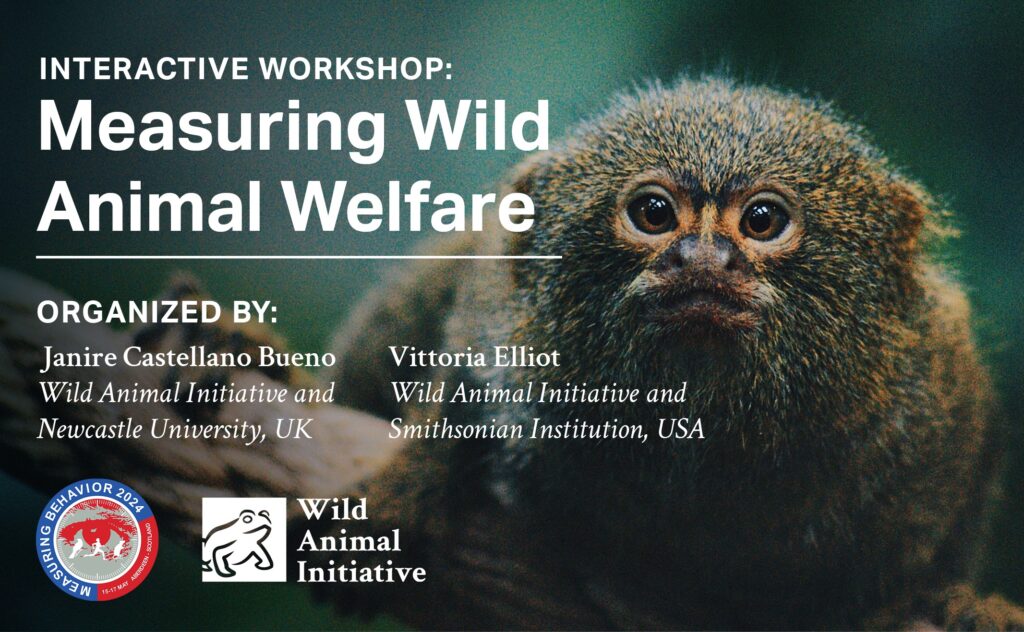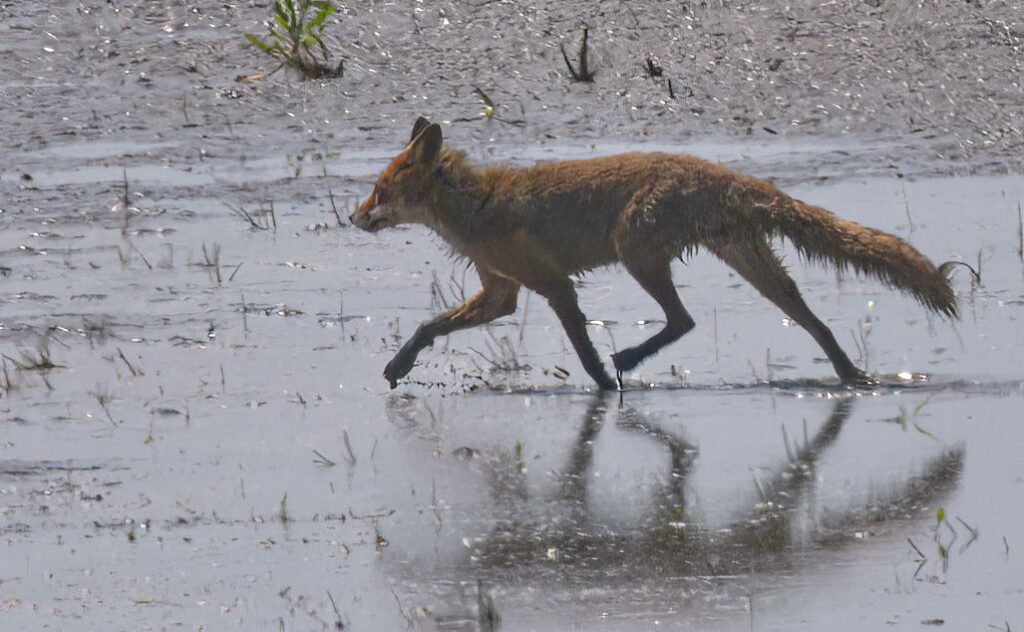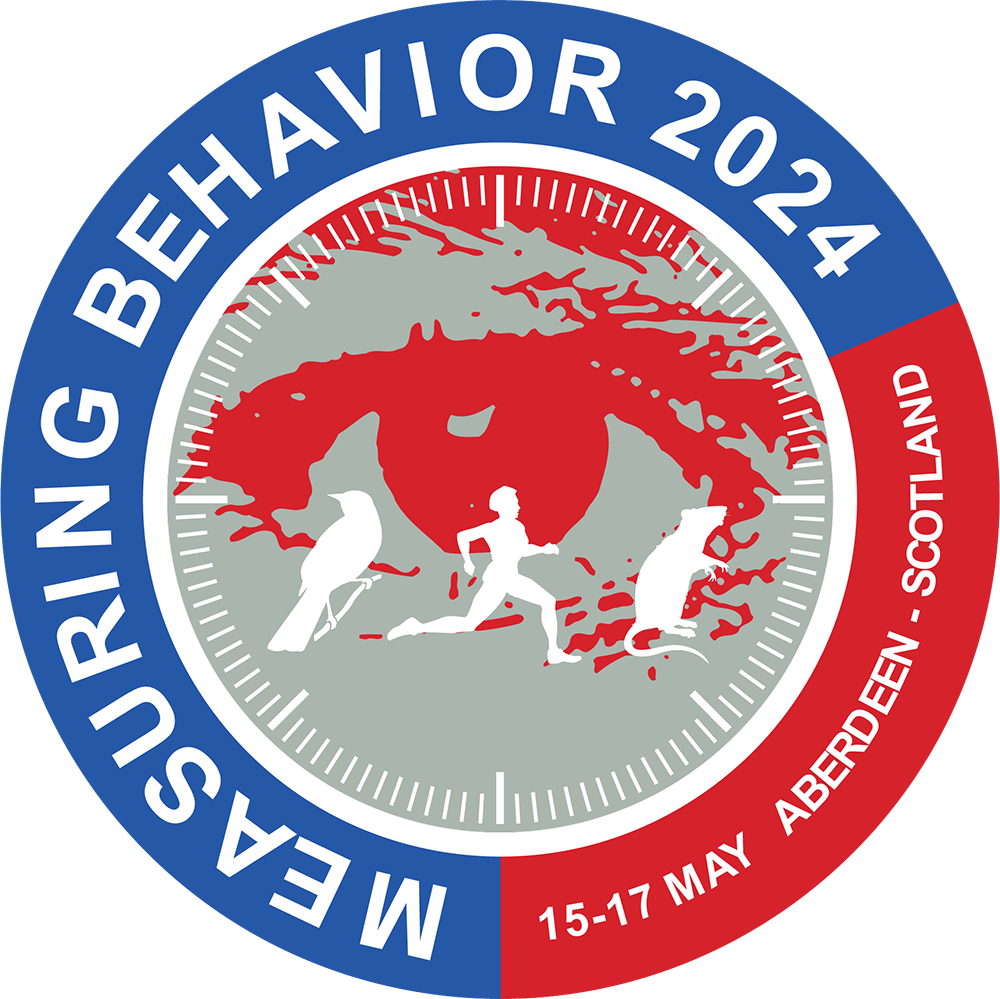Organisers: Janire Castellano Bueno (Wild Animal Initiative and Newcastle University, UK) and Vittoria Elliot (Wild Animal Initiative and Smithsonian Institution, USA)
Schedule: Thursday 16th May, Meeting Room 5, 13:50 – 16:30
Description: This workshop explores the connection between the welfare of wild animals and their behaviour. We discuss how methods for measuring behaviour can be used to better understand welfare and how considering welfare provides insight to behaviour. We emphasize the importance of considering both behaviour and welfare in the scientific method. We provide examples from various species in both controlled and wild settings.
We begin with a presentation, highlighting the importance of integrating animal welfare into animal behavior studies in the wild. We will invite participants to explore real-life examples to showcase opportunities and address some common misconceptions around methods for measuring behaviour and welfare. Participants will engage in group discussions and analyze studies involving captive animals to incorporate animal welfare into research methods. In the workshop’s second part, we will discuss the challenges of applying findings and methods from captive settings to wild animals. Through a series of case studies, we will explore methodological adaptations required for understanding welfare and behavior in the wild. This workshop offers an opportunity for participants to contribute to the development, application, and refinement of methods for measuring behaviour. We will discuss how such approaches can contribute to resolving important questions in animal behavior research.
The workshop will be highly multi-disciplinary and brings together expertise from ecology, behaviour, cognition, welfare science and veterinary sciences among others. We invite researchers working with animals in a variety of disciplines diverse, environments (wild landscapes, managed, urban, under human care), and contexts (companion animals, laboratory, farmed animals, free-ranging animals) to discuss how di erent approaches to assess welfare can be integrated between disciplines. We hope to facilitate opportunities to learn from each other to improve how we monitor and measure the lives of animals and their welfare.


 Measuring Behavior
Measuring Behavior